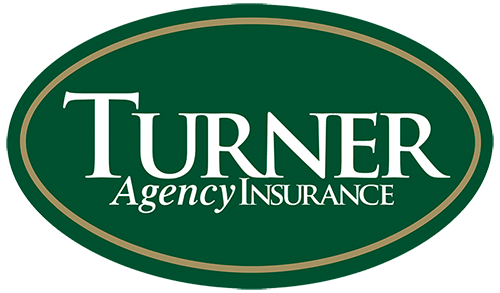Hurricane season officially begins June 1 and ends November 30. During this time, we can expect a number of storms to develop in the Atlantic Ocean and the Gulf of Mexico.
The CSU Tropical Meteorology Project team is predicting 17 named storms during the Atlantic hurricane season this year, which runs from June 1 to Nov. 30. Of those, researchers expect eight to become hurricanes and four to reach major hurricane strength with sustained winds of 111 miles per hour or greater.
Now is the time to prepare for hurricane season. Once a tropical storm warning, hurricane watch/warning, or a State of Emergency is declared, we are no longer able to bind insurance coverage.
As a homeowner:
- Are you covered for wind and flood damage? If you need flood coverage, click here to contact us.
- Do you have any home maintenance issues to care for, such as roof damage or drainage problems?
- Do you have an inventory of your belongings and a plan of evacuation?
As a business owner:
- Do you keep key information offsite in the event of a disaster?
- Have you reviewed your insurance coverage to be sure you have coverage if your business is interrupted from storm damage? Do you have adequate coverage for your building and contents? For your business automobiles? Do you need flood coverage?
- Do you have a disaster plan in place?
Travelers Insurance offers some great tips to help business owners prepare for hurricanes. Click here for more.
If a hurricane is coming, here are Safeco’s recommendations for before, during, and after the storm:
Before a Hurricane
- Install storm shutters.
- Remove yard debris, such as dead tree limbs, that could become flying missiles.
- Find a safe place to park your cars and/or store your boat.
- Make sure you, your family and/or employees know how to shut off utilities.
- Look through your emergency kit to ensure it is fully stocked and up to date with necessities for all household members, including pets.
- Back up computer records and store them at least 50 miles offsite.
- Gather important papers to take with you if you must evacuate, including inventory lists and insurance information.
During a Hurricane
- Know your community’s evacuation plan and, if asked to evacuate, do so immediately.
- Stay inside and away from windows, skylights, and glass doors. Avoid elevators.
- Avoid washed out and wet roads that can hide downed electrical lines or underlying currents that can carry your vehicle away.
After a Hurricane
Water is a major cause of damage after hurricanes. The longer your house is exposed to water, the more damage you’ll see to your roof, ceiling, walls, and floors, as well as any personal belongings inside. After the storm has passed, it’s important to dry out any water damaged inside your home.
- Open windows and doors to allow air to circulate and speed up the drying process.
- Clean up any broken glass and remove debris.
- Board up broken windows and doors.
- Cover roof damage with tarps or plywood.
- Save receipts for any temporary repair expenses.
- Cover broken car windows with tarps or plastic sheeting.
- Move any wet items to a dry place.
- If possible, place any damaged items in a safe, secure area where they can be inspected later.
For more on hurricane facts vs. myths, click here.

